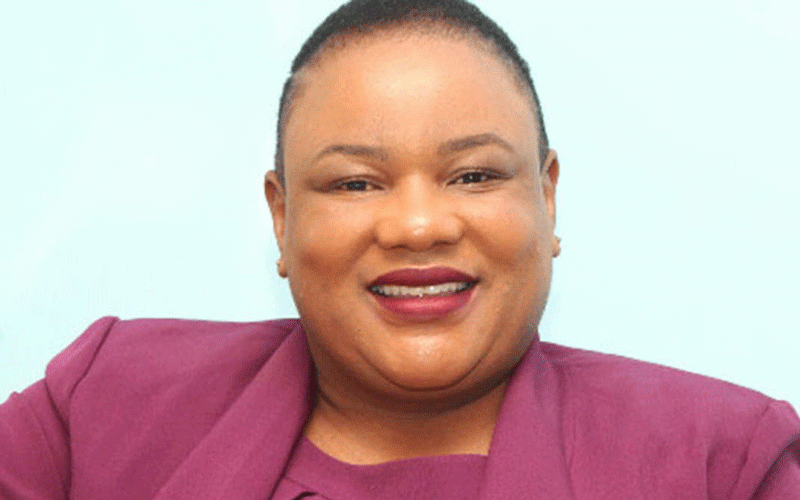
INTERFRESH, a former Zimbabwe Stock Exchange-listed horticultural company, could be in for a hefty windfall, following the gazetting of Mazowe Dam in Mashonaland Central province as a state asset, the Zimbabwe Independent can reveal.
The firm assumed 60% control many years ago from Anglo American Corporation, which built the strategic asset in 1918.
The Government of Zimbabwe held the remainder.
However, government gazetted the facility in 2018 as a state dam, giving it rights to assume full control of the 39,35-million cubic metre water reservoir.
The Independent was told this week that Interfresh was entitled to compensation following the government move.
Compensation will be made under the US$3,5 billion Global Compensation Agreement (GCA) framework signed between government and former commercial white farmers in 2020.
The white farmers’ land was acquired during the violent land grabs from 2000.
Interfresh also lost vast tracts of prime land to top government officials when the land redistribution exercise was being rolled out.
- Inaugural Zim investor indaba highlights
- Stop clinging to decaying state firms
- ZB explores options to tackle inflation
- Zim operations drive FMB Capital
Keep Reading
Marjorie Munyonga, spokesperson at
the Zimbabwe National Water Authority (Zinwa), said after the gazetting of Mazowe Dam, Interfresh was entitled to receive compensation.
“The legal effect of this development was for any use of the water in the dam to be subject to approval by Zinwa,” Munyonga said.
“The gazetting of the dam in itself is meant to ensure the fair and equitable utilisation of water from Mazowe Dam.
“The water agreement system is designed to ensure equity in the allocation and utilisation of the country’s water resources as with all other dams managed by Zinwa.”
Munyonga emphasised that since 2018, the government was now the owner of Mazowe Dam and that its former beneficial owner, Interfresh, would be compensated in terms of the GCA.
“All gazetted dams are owned by the government and managed by Zinwa in terms of the law and the provisions of the Global Compensation Agreement,” the Zinwa spokesperson said.
Munyonga could not disclose how much Interfresh was entitled to receive in compensation.
Interfresh board chairperson Mahomed Jassat said yesterday authorities were yet to disclose the total compensation figures.
“We do not have the figures yet. They have not been released to us,” he said.
At the height of the late former president, Robert Mugabe’s rule, his family assumed control over utilisation of the dam after acquiring vast tracts of land in the Mazowe area.
Their move raised the ire of farmers downstream of the water facility, mostly Zanu PF and government bigwigs — who lobbied authorities to gazette the water body.
Notably, former first lady Grace Mugabe’s business empire, which included a farm, orphanage and school in the Mazowe area, drew water from the dam.
However, after Mugabe was toppled in 2017, the former first family’s control over the dam was whittled down.
Currently, Munyonga added, Zinwa had entered into water abstraction agreements with five entities.
“Water use from national dams is done in terms of water abstraction agreements and not permits in accordance with Statutory Instrument 206 of 2001, which states: ‘No surface water permit shall be required of a person, who wishes to abstract surface water from a water storage works or share of a water storage works vested in the state …’
“Five entities and individuals have entered into water abstraction agreements with Zinwa to abstract water for their farming activities from Mazowe Dam,” Munyonga said without disclosing the names of the entities.
The same number of companies was also approved to operate recreational facilities at the dam.
“Five companies have entered into lakeshore lease agreements with Zinwa to operate recreational facilities at the dam,” she said.
“Rates for lakeshore leases are negotiated between Zinwa and the lessee depending on location, available area and nature of business.”
Interfresh, Trojan and Ashanti mines draw water from Mazowe Dam.
In addition, local authorities in Shamva, Glendale and Bindura also draw water from the facility.
Mazowe Dam feeds into downstream smaller dams, whose water users also hold abstraction agreements.
Currently, A2 farmers pay US$10,72 per megalitre of water drawn from Mazowe Dam.






